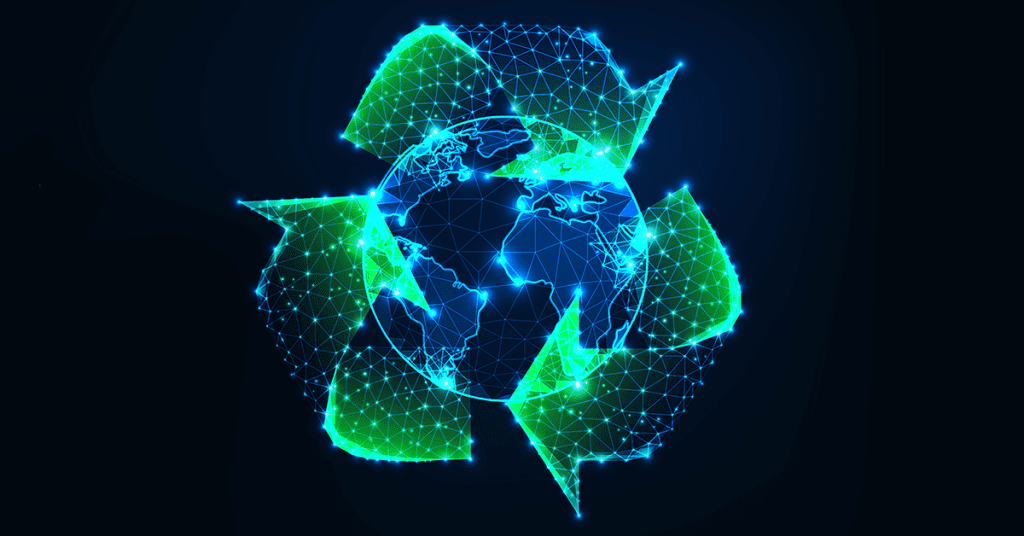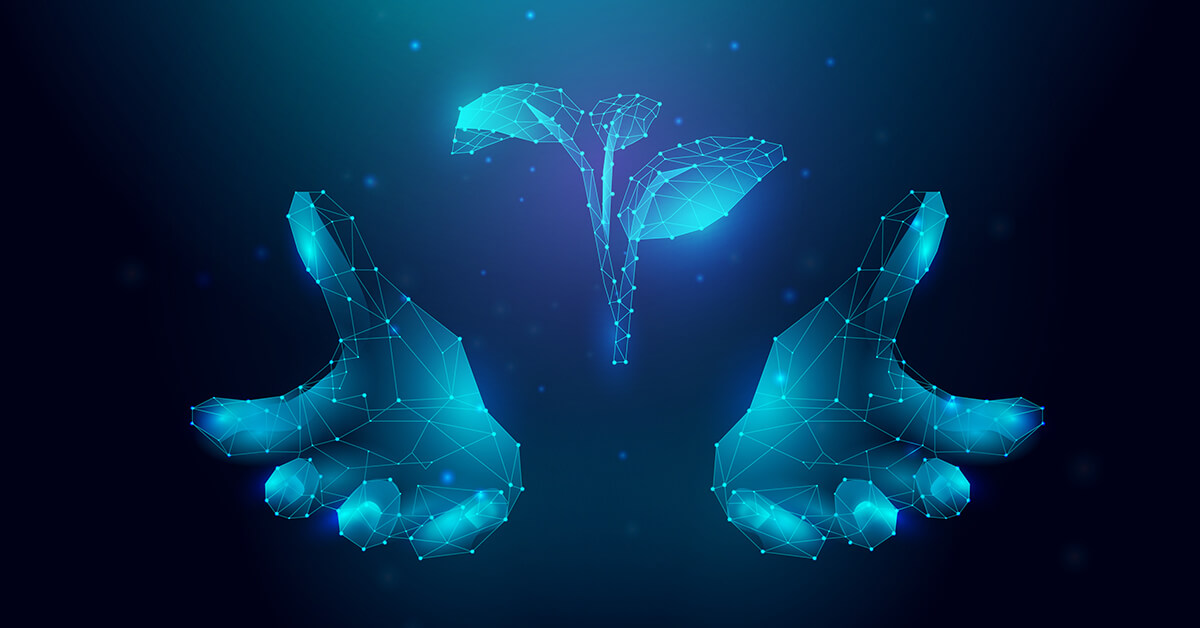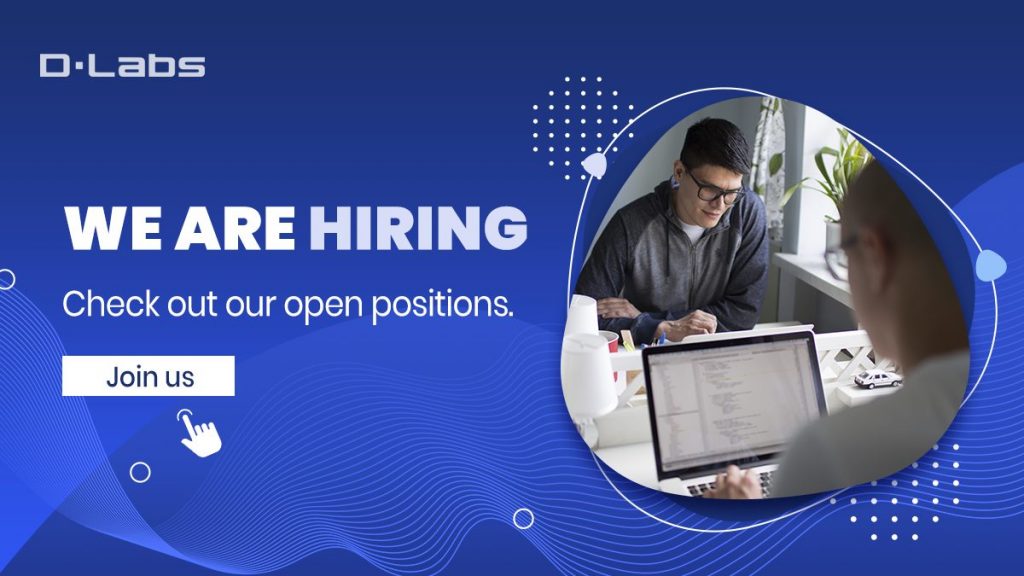Today, April 22nd, we celebrate World Earth Day. This year marks the 50th anniversary of a now momentous event. Over the last 50 years, we’ve heard much talk about what needs to be done to save our planet. But have you ever wondered if technologies like Artificial Intelligence can help us fight for the cause? Whether it’s a ‘yes’ or a ‘no’ — we invite you to read this short article on how tech really could help save the world.
1. Let’s start with electric
By which we mean, let’s start by looking at electric cars. According to recent statistics, the average diesel car travels 15,000km-a-year and produces some 1,770kg of carbon dioxide. Compare that with the use of electric vehicles, and you’ll see a stark contrast.
In purely eco-terms, electric cars do not contribute to global warming in the same way and do no release nearly as many harmful emissions. As the research proves, electric vehicles, in general, have the best balance in terms of CO2 emissions.
Thinking more broadly: AI-based electric cars have the greatest potential to be the most ecological cars, as it’s not just what powers the car that helps it be more eco-friendly. Even less-novel technologies, such as GPS systems that avoid traffic jams, help vehicles reduce time spent driving and minimize the level of emissions they produce — which is, of course, a significant benefit for the environment.
2. Let’s talk trash
Now, onto trash. For many, waste segregation is a crucial step in acting ecologically. But can artificial intelligence help us here? The answer is simple… of course, it can. Just look at the Bin-e: a project developed by a Polish company in which an IoT-based smart waste bin automatically recognizes items — like pop cans, paper, or glass bottles — and sorts them using image recognition and machine learning.
Initially, it was earmarked for use in public and office spaces where recycling can be harder to manage, but who knows? Maybe one day, this kind of AI-based smart bin will be a fixture in every home.
3. The fight against poaching
Whales and dolphins congregate off the coast of Tanzania, and now recent explorations have revealed illegal bomb fishing in the same location. By analyzing data, scientists managed to detect sounds that weren’t coming from animals. Indeed, they turned out to be the far-traveling acoustic signatures of this illegal fishing practice.
Bomb fishing consists of throwing a bomb into the water to kill or stun fish so that fishermen can easily catch them. But the bombs destroy all animal species, damage coral reefs, and the poaching has devastating impacts on coastal ecosystems and communities. The discovery has initiated an acoustic study, using machine learning to help protect the species.
In 2017, marine scientist Gill Braulik developed an acoustic monitoring system that provides robust quantitative data on the number of suspect activities from Tanzania. His team uses underwater microphones to record blasts from dynamite. They then share their findings with local officials using data-driven stories and online maps.
See also: How Artificial Intelligence, Big Data, And Technology Can Help The World Fight COVID-19
4. Reducing food waste
Did you know American consumers throw away almost as much food as they eat? This level of food waste is one of the greatest problems of our generation and one we undoubtedly have to fight against. How? You guessed it: by using artificial intelligence.
An AI-enabled product called Winnow Vision — launched by British company Winnow Solutions — could revolutionize food waste management in commercial kitchens, but how does it work?
Winnow Vision combines a camera, smart weights, and machine learning to recognize different types of food thrown in the bin. It then calculates the food’s financial and environmental costs to make chefs realize the value of the waste, hoping the solution will encourage them to use ingredients more efficiently.
Companies that use Winnow Vision reduce their food costs by between 2 and 8% on average, which goes to show: this AI-based solution benefits both businesses, the environment, and future generations.
See also: FatSecret Food Database REST API Client with Typescript
5. Forecasting natural disasters
AI is a potent tool for forecasting natural disasters. Take wildfires as an example. Typically, it isn’t easy to detect wildfires (while the sooner the fire engines arrive, the easier it is to extinguish them).
But according to scientists from Descartes Labs in Santa Fe, a combination of AI and satellites is the most effective way to identify wildfires early on. Their team has launched an innovative fire detector using AI to analyze images sent every few minutes from two weather satellites.
The algorithm looks for the presence of smoke, or changes in infrared thermal data then uses the detector to send warnings to foresters in their home state of New Mexico. So far, it has spotted 6,200 wildfires — including smaller ones covering just 10 acres (4 ha) of the forest.
See also: Can Artificial Intelligence Make Us Safer?
What can we all do to protect the earth?
Today, thousands of companies — including DLabs — are trying to be more eco-friendly. But it doesn’t necessarily take sophisticated technology for people to take care of the environment. How we do it in DLabs.AI?
Here are a few basic practices we follow:
- We use filtered water from a dispenser (for both still and sparkling water) instead of buying plastic bottles.
- We separate waste, and we do it without technology! We use standard recycling bins and try to sort out all the rubbish ourselves.
- We reduce paper consumption by minimizing printing and using screens where possible.
- We reduce food waste by shopping smart shopping and buying only what we need. What if we have leftovers? We freeze them!
- We strive for ‘zero waste’ — we try to avoid waste at all costs (not only paper and food), including packing last year’s employee gifts in a tablecloth after the 2018 Christmas party! We also collect cardboard boxes and other materials, such as bubble wrap, for reuse on other packages.
- We avoid throwing things away — if we don’t need something, we see if someone else can use it or donate it to people in need.
And what about you? What do you do to take care of the environment? How are you helping to save our planet?
Let us know in the comments on our Social Media!







